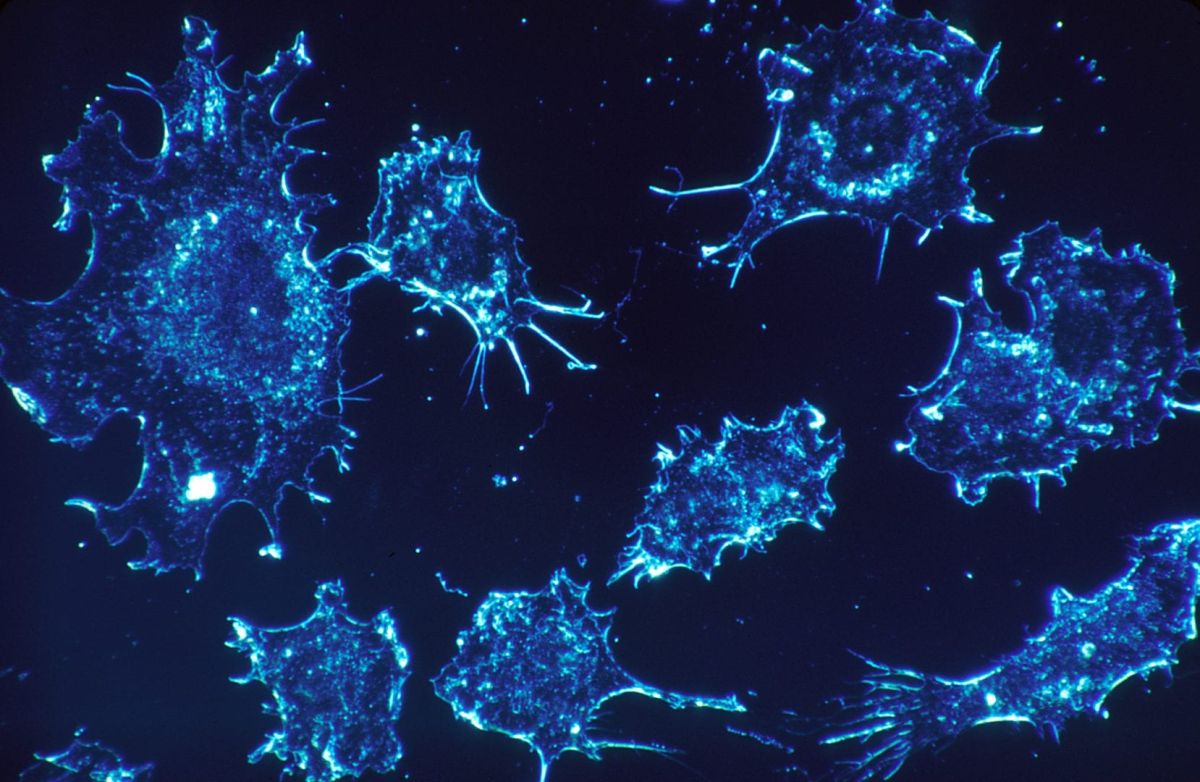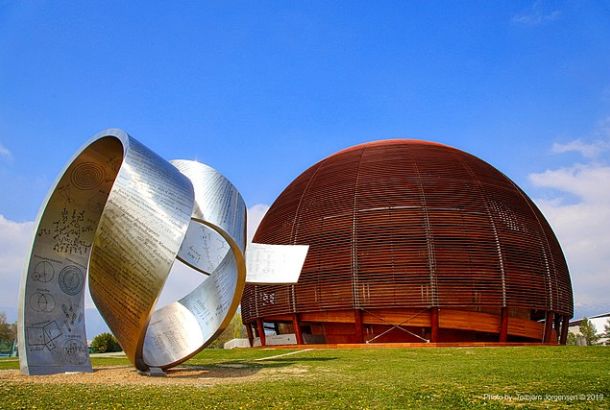UoM scientists have found a way to stop breast cancer cells from spreading
By Zahra Salimi

University of Manchester scientists, in collaboration with other scientists from the Universities of Glasgow and Sheffield, have discovered a way to contain one of the most aggressive forms of breast cancer from within the lab.
The study of the Triple-Negative Breast Cancer (TNBC), funded by Breast Cancer Now, and published in Oncogene, is believed to pave the path in battling with this calamitous disease.
TNBC is a type of cancer by which its progression and growth is not fuelled by oestrogen, nor progesterone, or excess HER2 protein – the protein that stimulates cell growth in normal healthy breast cells. Thus, as a result, it does not respond to hormonal therapies or other targeted treatments, such as medicines targeting HER2 protein receptors.
This form of cancer tends to be more common in young people, usually below the age of 50, and is found typically in African-American and Hispanic women, or those who have the BRCA mutation – more specifically the BRCA1 gene mutation.
Additionally, TNBC tends to be a higher grade of cancer compared to other forms of breast cancer, and therefore is considered to be more aggressive with a poorer prognosis and high reoccurrence rates.
Around 15% of all breast cancers are Triple Negative. According to BreastCancer.org, there is also a higher mortality rate associated with this form of breast cancer. The five-year survival rate for TNBC is around 77% whereas this number is around 93% for other forms of breast cancer. This emphasises the significance of finding new treatments and medications for TNBC and the importance of this recent findings.
The lead researcher of the project, Dr. Paul Shore, from the University of Manchester, commented on the study: “Triple-Negative Breast Cancer is a particularly devastating disease which doctors, scientists and patients are investing much time and effort into finding new and better treatments.
“So this discovery is an important milestone in the understanding of how metastatic cancer spreads – though clearly, there’s a long way to go before it has a chance of being translated into effective therapies.”
Dr Kotryna Temcinaite, Research Communications Manager at Breast Cancer Now, which funded the study, said: “These promising findings help us to understand more about how some triple negative breast cancers spread around the body and become incurable. We hope that the discovery of the role of the CBF beta protein in the spread of the disease could one day lead to much-needed new treatment options.
“Around 8,000 women in the UK each year are diagnosed with triple negative breast cancer, which can be more aggressive and more likely to come back and spread in the first few years after treatment. With these women still severely lacking in targeted therapies, it remains one of the greatest areas of unmet need in breast cancer.”







